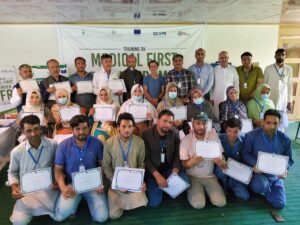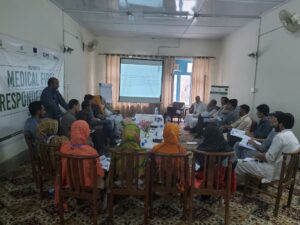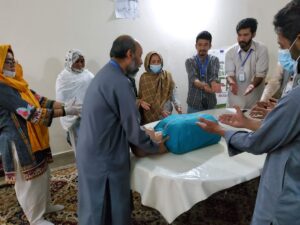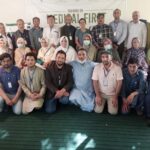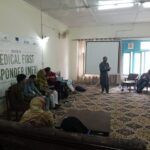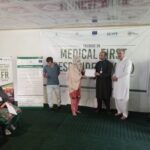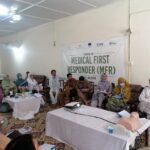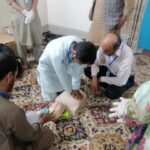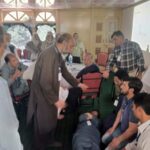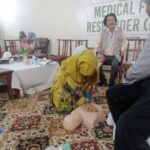Healthcare provision is the right of every citizen without regard to color, creed, gender, or religion. We should also add area to this list as the city dwellers have more access and opportunity to get the medical issues addressed closer to home as compared to people living is areas away from cities. The far-flung areas of Pakistan continue to struggle in providing standard healthcare and especially emergency care. They struggle to attract competent doctors and nurses, as besides being the remote areas, they also have limited resources and face a large patient load. They face the same disease burden that the bigger cities deal with but lack the expertise to deal with them amicably.
The problem is multifaceted and so the solution should also be multi-pronged. We need to support the infrastructure and enhance it based upon the needs, attract competent staff whether doctor or nurse or paramedic, equip them with latest equipment, and develop system to support the delivery of quality care.
We the doctors and nurses of Shifa International Hospital, became part of an initiative to support the medical related personnel in Gilgit Baltistan area. Considered the greatest tourist destination of Pakistan, it still faces competence issue in providing healthcare and particularly emergency care. So, we embarked on a two pronged teaching initiative for the healthcare staff. In our first initiative about 120 staff needed to be exposed to this training session in five separate three-day workshops. These were labeled as Medical First Responder course or MFR course. Developed locally and as per the needs of the community, it comprised of those topics that are needed for the community workers as well as emergency nurses and doctors. It was a blend of small group discussion along with power point presentation and hands on training for the basic skill needed to save lives. The second initiative was to help each hospital in their dealing with disaster and multiple casualty management. I will write about it in my next blog. Insha allah.
The whole task was not easy to complete as it involved creating the reading material as well as power point slides. Then coaching the trainers to come on the same page when training the staff and then the last part was going places to deliver the course. It was also a huge task of coordination among the different organizations and the hospitals to bring us all together at same place and at the same time. Our resolve to help improve the healthcare delivery helped us pull it through. My team especially Dr. Adeel Tariq helped create the reading material and Dr. Abdul Sattar and Ms. Maryam helped in urdu translation. The reading material was created and printed in book form given to each participant for future reference.
The first two courses have been delivered and the response has been great. The participants were fully involved and eager to learn. They enjoyed the hands-on activities and participated in discussion. There were some great learning moments that were shared and cherished together. The sponsors of the activity, AKAH (Aga Khan Agency for Habitat) was quite keen to make it a success and helped the team achieve that goal. The trainers and the support staff did their best to provide best learning environment and were successful in their efforts. It was felt that we need to create an environment of continued learning and making master trainers which should be young individuals to make it sustainable.
The next phase of teaching is shortly due, and we are hopeful that it will be equally good or better based upon previous experience. We also have created groups to have a forum of continued learning and knowledge exchange between the teachers and learners, to benefit each.

